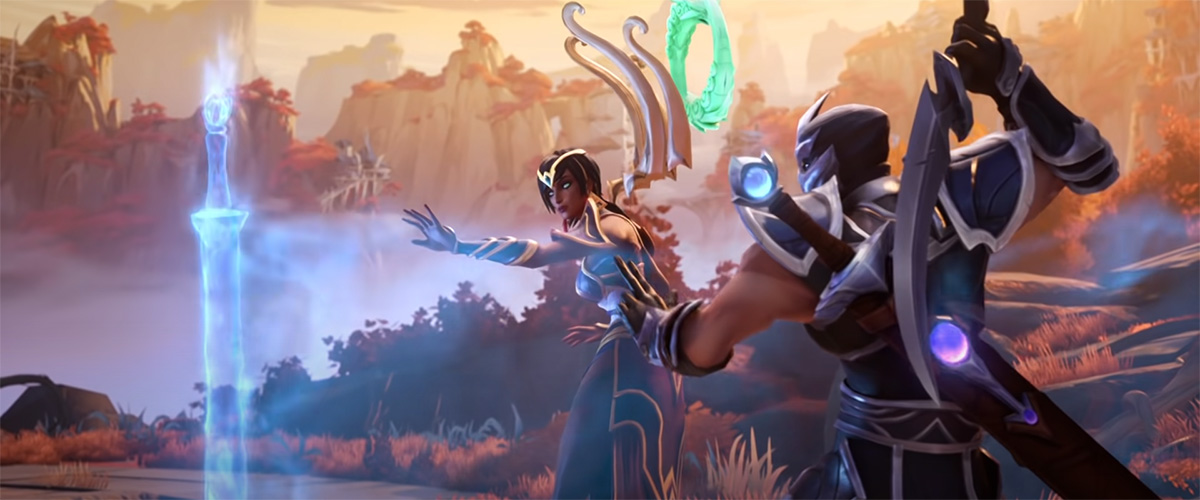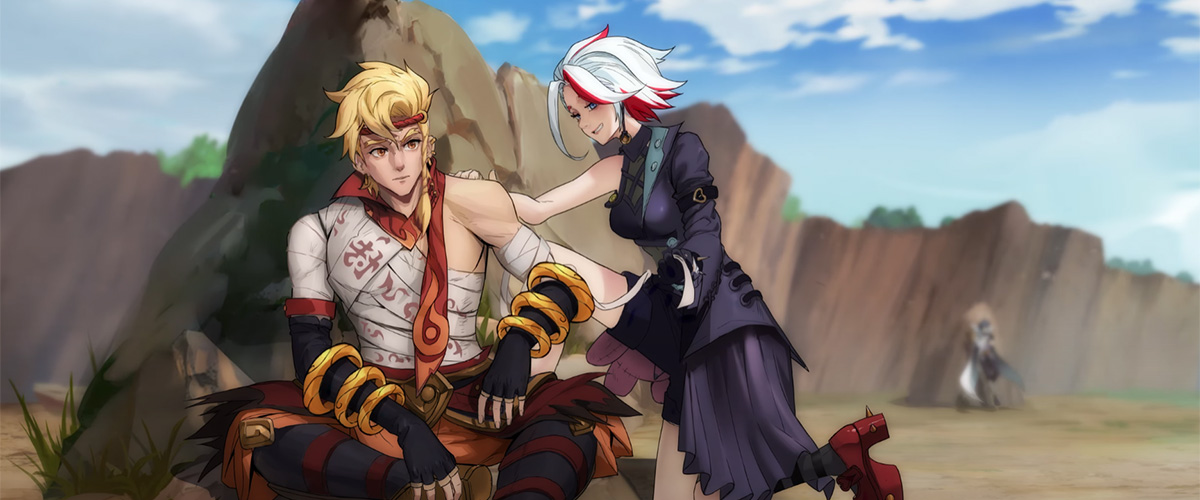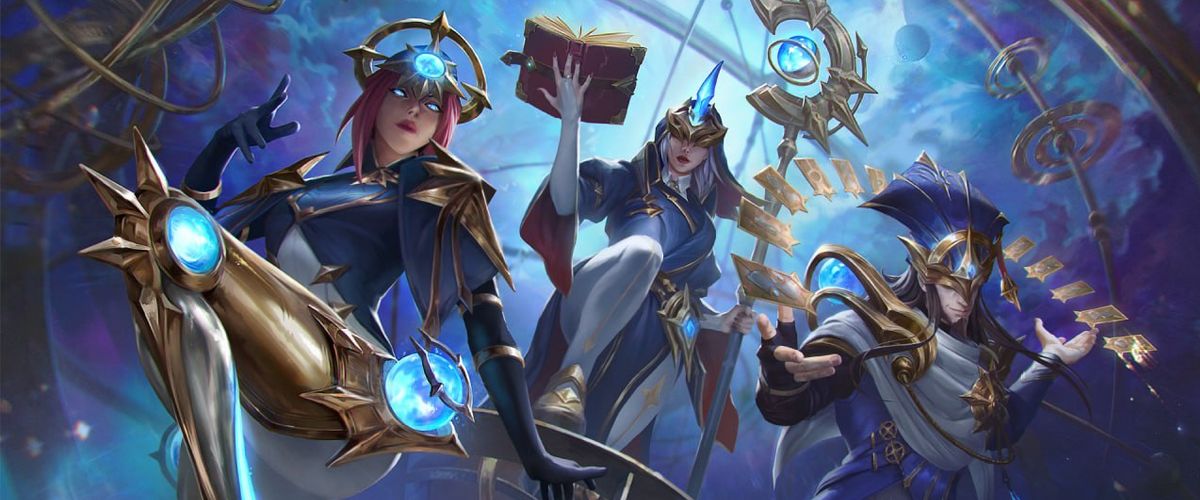- Shares
- 5.6K
Riot Games, owned by Tencent Holdings, has sued ByteDance’s Shanghai Moonton Technology for the “blatant copying” of Wild Rift, the mobile version of its League of Legends game.
Riot filed the lawsuit in the US District Court for the Central District of California, alleging that Moonton’s Mobile Legends: Bang Bang has been consistently reusing Wild Rift‘s game content and promotional materials to promote its own game. The company claims this has been happening ever since Wild Rift launched on Android and iOS in 2021.

Moonton, which was founded by a former Tencent employee, was bought by a unit under ByteDance for nearly US$4 billion last year. It defeated an acquisition bid from Tencent.
“Moonton has used its copyist tactics to create and market its mobile video game, Mobile Legends: Bang Bang (“MLBB”), which competes with Wild Rift using Riot’s own extensive, expressive content in Wild Rift itself as well as its trailers, promotional materials, and other content.”
The content that is allegedly being copied includes new characters, settings, in-game objects, and the user interface. Elements in marketing materials and videos used to promote Wild Rift have been alleged to be reused by Moonton for their own game. These are things like typeface, backgrounds and colours, and even the game’s logo.

The complaint also claims the copying is so obvious that the communities for both games are openly discussing it on various social platforms. Riot Games is seeking a jury trial and an injunction to stop Moonton from distributing Mobile Legends: Bang Bang in the United States.
This is not the first time Riot Games has sued Moonton. In 2017, it sued Moonton for its Mobile Legends: 5v5 MOBA, which it claims to be a blatant ripoff of League of Legends. The case was dismissed as the judge finds it would be better heard in China.
Tencent then stepped in with a separate non-disclosure and non-compete lawsuit against Moonton’s CEO in China. It won a judgement of US$2.9 million.













